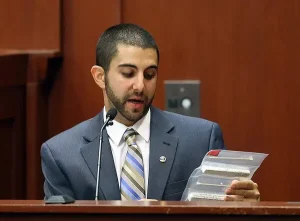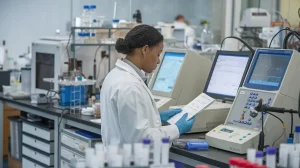TL;DR Quick Take: The legacy of North Carolina v. Rogers reaches beyond suppression hearings. It redefines how courts balance  government trust against the structural necessity of constitutional discipline. Whether this evolution strengthens justice or weakens liberty depends on how future courts interpret the limits of “reasonableness” in applying the Good Faith Exception to the Exclusionary Rule.
government trust against the structural necessity of constitutional discipline. Whether this evolution strengthens justice or weakens liberty depends on how future courts interpret the limits of “reasonableness” in applying the Good Faith Exception to the Exclusionary Rule.
I. Constitutional Remedies and the Philosophy of Enforcement
Constitutional rights mean little without remedies that make them enforceable. The framers of the US Constitution understood this when they created mechanisms to restrain power through process.
 Carolina Criminal Defense & DUI Lawyer Updates
Carolina Criminal Defense & DUI Lawyer Updates had fresh memories of British abuses of power before and during the Revolutionary era. They worried that without explicit protections, such as safeguards against arbitrary searches and seizures or other infringements, a new federal government might oppress the people just as past tyrannies had. This concern for fundamental liberties set the stage for North Carolina’s insistence on a Bill of Rights.
had fresh memories of British abuses of power before and during the Revolutionary era. They worried that without explicit protections, such as safeguards against arbitrary searches and seizures or other infringements, a new federal government might oppress the people just as past tyrannies had. This concern for fundamental liberties set the stage for North Carolina’s insistence on a Bill of Rights. and medical conditions that could affect impairment assessments. This article examines the different types of experts used in North Carolina DWI cases, how courts determine whether their testimony is admissible under Rule 702, and what legal considerations apply when presenting expert evidence in court.
and medical conditions that could affect impairment assessments. This article examines the different types of experts used in North Carolina DWI cases, how courts determine whether their testimony is admissible under Rule 702, and what legal considerations apply when presenting expert evidence in court. blood testing in a DWI case. Law enforcement may suspect drug involvement, or the driver may be unable (or unwilling) to provide a valid breath sample on an approved device. DUI fatalities tend to involve blood testing, as it the more accurate method to confirm the different possible sources of impairment and the respective concentrations of each.
blood testing in a DWI case. Law enforcement may suspect drug involvement, or the driver may be unable (or unwilling) to provide a valid breath sample on an approved device. DUI fatalities tend to involve blood testing, as it the more accurate method to confirm the different possible sources of impairment and the respective concentrations of each.